Forty-four countries have expressed interest in joining the International Monetary Fund (IMF)'s 40 billion-U.S.-dollar Resilience and Sustainability Trust (RST), said IMF Managing Director Kristalina Georgieva on Monday.
The facility created a year ago aims to increase the resilience of low-income and vulnerable middle-income countries by providing them with financial support and promoting sustainable economic policies in response to systemic risks such as climate change.
The strong demand for the RST program underscores the urgent need for global cooperation in mobilizing the trillions of dollars in investment in order to put the world on a net-zero emissions trajectory, said Georgieva at an event held on Monday afternoon at the start of IMF and World Bank Spring Meetings week.
The event, on the theme of Scaling Up Resilience and Sustainability Financing, was co-organized by the Bretton Woods Committee, the International Finance Forum (IFF), and the Paulson Institute.
Rwanda, Barbados, Costa Rica, Bangladesh and Jamaica have reached agreements on loan programs from the facility, according to Georgieva.
"So 40 billion (U.S. dollars) is not a solution on its own, but it is a contribution to a solution, if it helps remove barriers for massively scaling investment, especially private investment in emerging markets and economies," said Georgieva.
"But we also have much more to do ... Addressing this challenge requires a comprehensive and collaborative approach based on three interrelated elements: adequate policies, investment and innovation, and financing," she said.
Collaboration between multilateral institutions, national authorities, and the private sector will be essential to turn climate challenges into opportunities, said Li Bo, IMF's deputy managing director, in the panel discussion.
"For renewable energy alone, we need 1 trillion U.S. dollars a year," Li said.
Jin Liqun, president of the Asian Infrastructure Investment Bank, stressed the need to further enhance the awareness of the general public about climate crisis.
"Because unless you do believe this is going to be a crisis looming large on the horizon, it is not possible to mobilize sufficient resources for that purpose," said Jin.











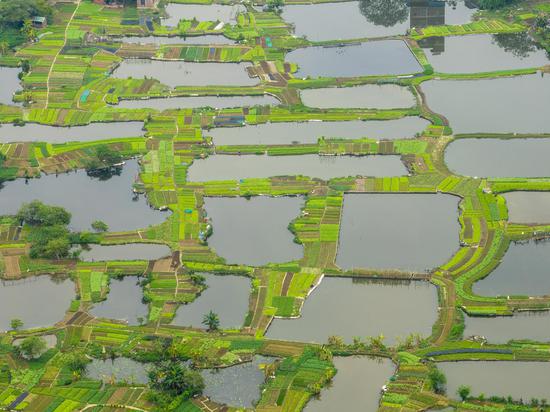


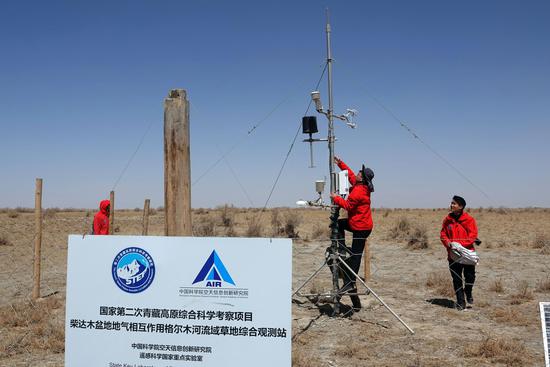


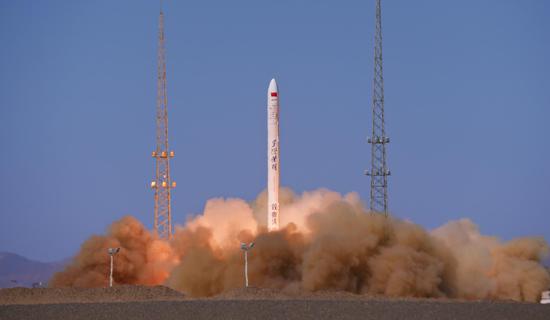

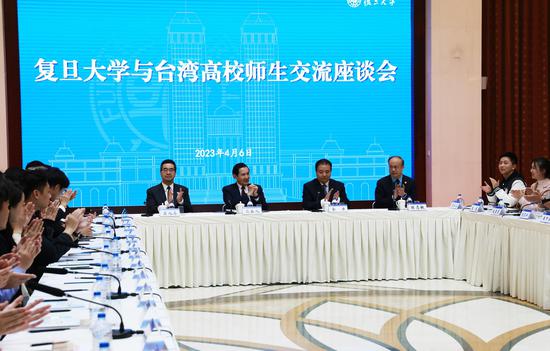

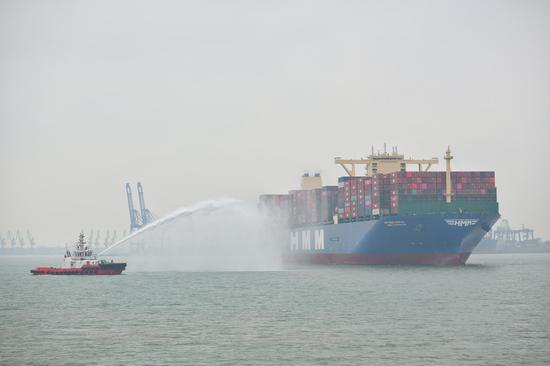


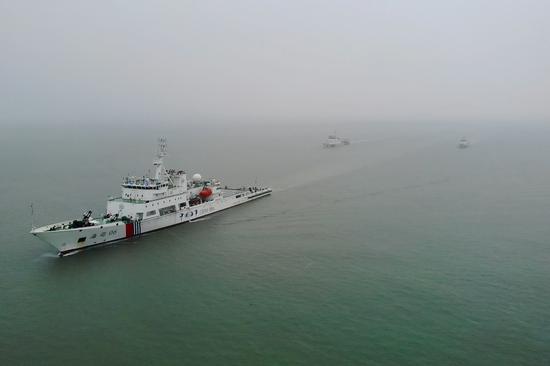
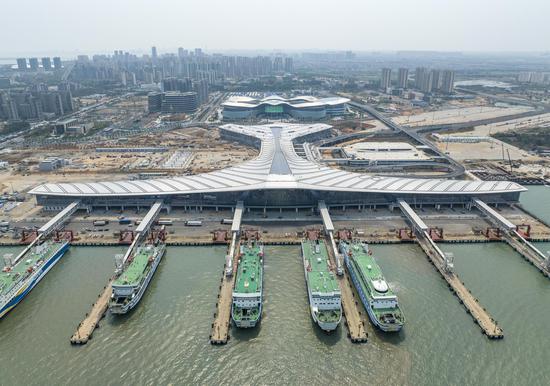

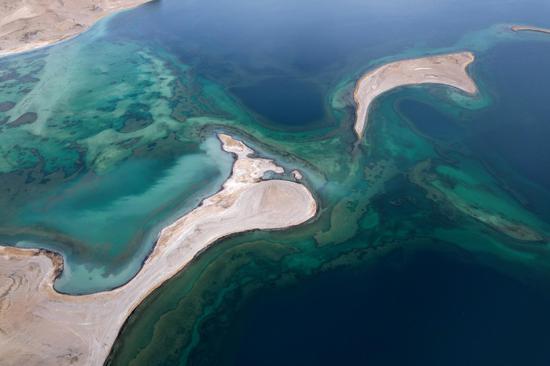

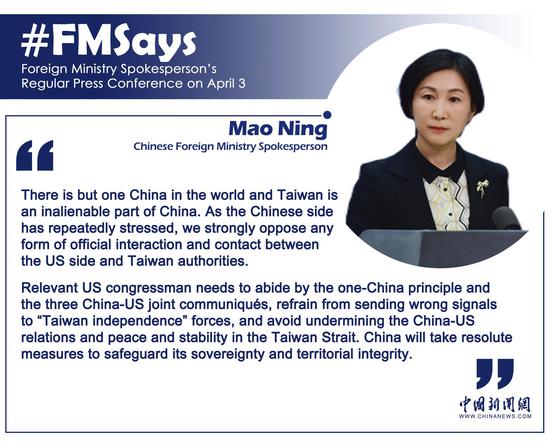
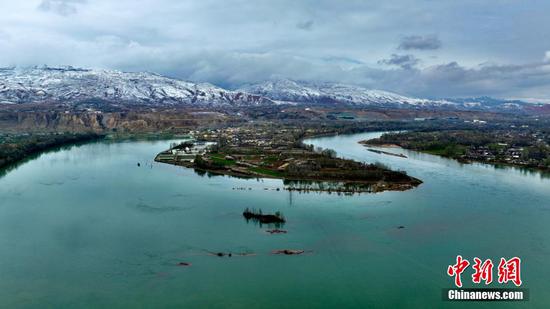



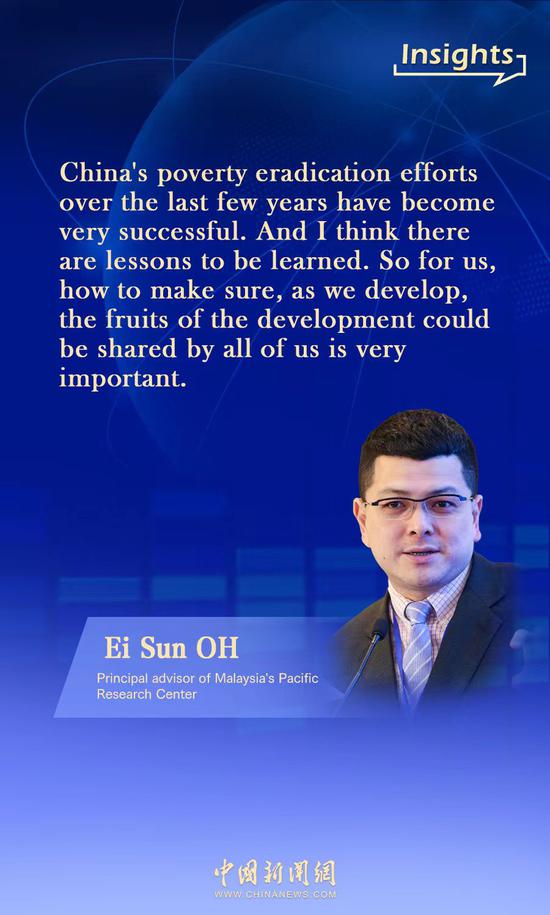
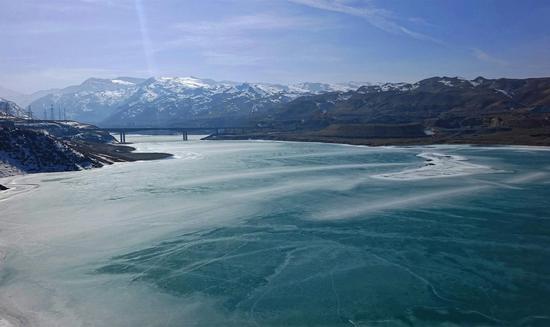
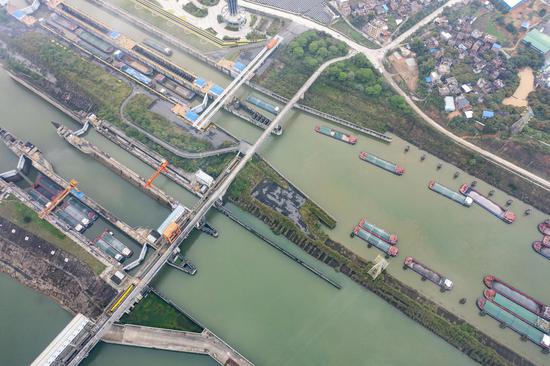

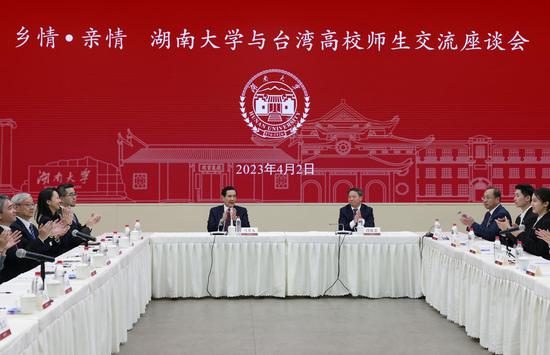
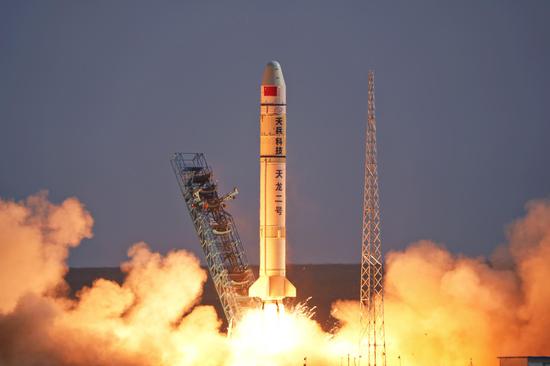
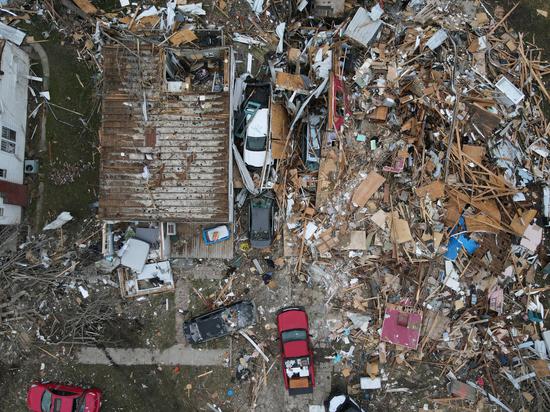
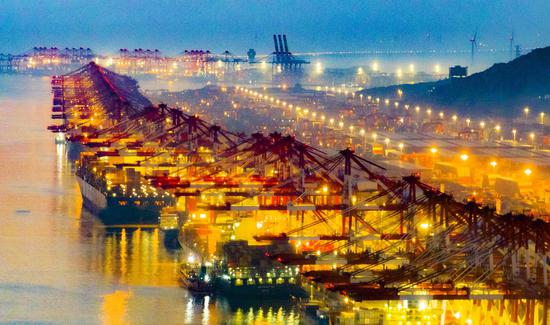


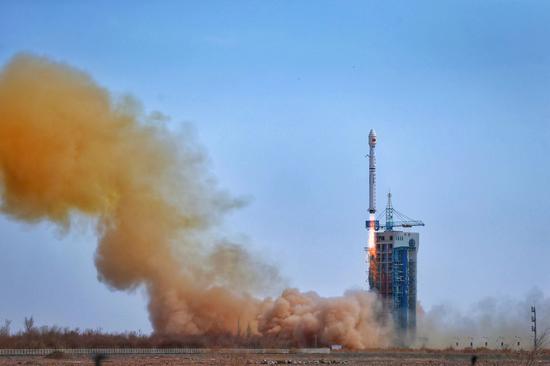





 京公网安备 11010202009201号
京公网安备 11010202009201号